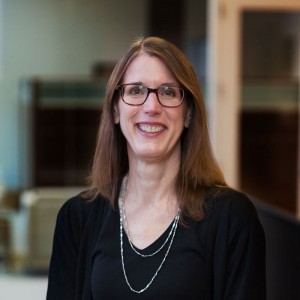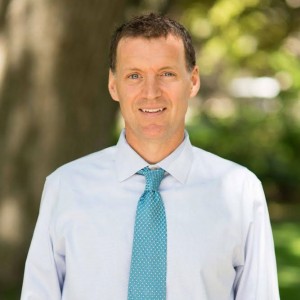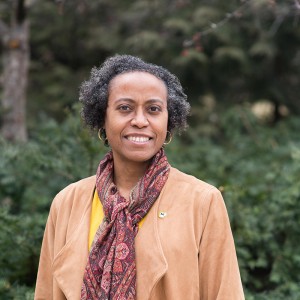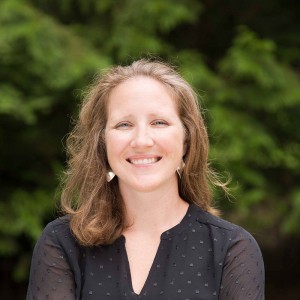Increasing Economic Security through Payments to Small Business Entrepreneurs
Our proposed project, “Increasing Economic Security through Payments to Small Business Entrepreneurs” will be a random assignment evaluation of Ann Arbor’s pilot Guaranteed Income program. We propose to administer payments of $530 per month for 24 months to 100 Ann Arbor community members, using Steady, an online app that other Guaranteed Income pilots around the United States have used and that does not require participants to have a bank account to obtain payments. We will collaborate with several community partners, including Circles, a Friends In Deed local nonprofit program that provides various forms of assistance to families with low incomes, such as business start up services. We will leverage our partnership with Circles and other local organizations, along with a robust outreach strategy, to recruit lower-income small business owners, entrepreneurs, and people with more informal businesses for participation in the pilot.
We believe that focusing on this population is important, for several reasons. First, small business and entrepreneurial efforts are important sources of income for some households, providing a supplement or even a means for upward mobility. However, many small business efforts, particularly those led by Black owners and other people of color, face many barriers to success, including lack of access to capital and credit, making this a matter of racial equity. Additionally, the COVID pandemic was particularly challenging for Black, Latinx, and women owned small businesses who were disproportionately more likely to close than those with white owners. As the worst of the pandemic subsided, the number of very small businesses and more informal entrepreneurial efforts grew, but now that the economy has cooled and inflation remains high, some of these businesses may find themselves economically unstable. Finally, all of these challenges are likely compounded for people with moderate and low incomes, groups that were negatively affected by COVID.
Poverty Solutions and the assembled research team, led by Principal Investigator Kristin S. Seefeldt and Co-Investigators Rebeccah Sokol and William Lopez, are uniquely qualified to conduct this project, having strong ties to the community and established partnerships with different agencies and programs operating within Ann Arbor and Washtenaw County, significant experience conducting community-based and mixed methods research, and a commitment to producing and disseminating findings that are both accessible to a broad audience and that help practitioners and policymakers develop solutions to pressing social problems. We are able to leverage the resources of the larger University of Michigan community, drawing on the talent of student research assistants and the expertise of nationally recognized scholars, including survey researchers, statisticians, experts on small businesses, and others who can advise the team as the project advances.



